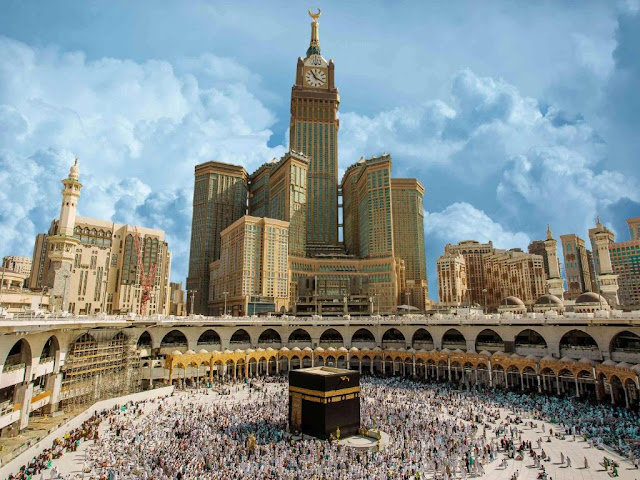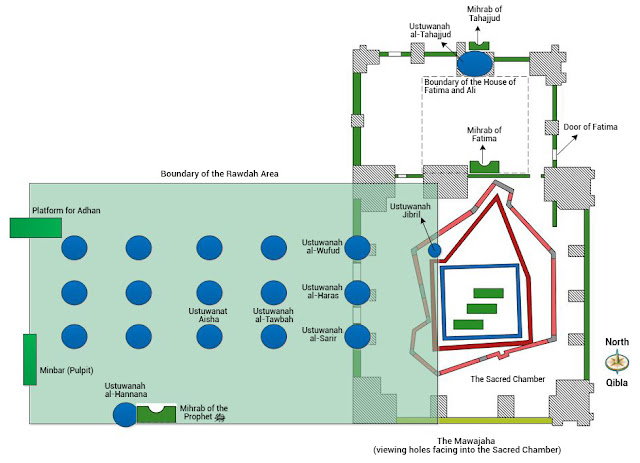Eid Ul Adha
Eid ul-Adha, also known as the Festival of Sacrifice, is an important Islamic holiday celebrated by Muslims worldwide. It commemorates the willingness of Prophet Ibrahim (Abraham in Judeo-Christian tradition) to sacrifice his son as an act of obedience to God's command. However, according to Islamic belief, God intervened and provided a ram to sacrifice instead.
Muslims celebrate Eid ul-Adha to honor Prophet Ibrahim's obedience and devotion to God, as well as to commemorate the end of the Hajj pilgrimage to Mecca, one of the Five Pillars of Islam. The holiday emphasizes themes of sacrifice, charity, and community.
During Eid ul-Adha, Muslims perform the ritual of Qurbani, where they sacrifice an animal such as a sheep, goat, cow, or camel, following the example of Prophet Ibrahim. The meat from the sacrifice is divided into three parts: one-third is given to the poor and needy, one-third is shared with relatives and friends, and one-third is kept for the household.
Eid ul-Adha is a time for Muslims to come together with family and friends, to share meals, exchange gifts, and to strengthen bonds within the community. It's a significant occasion in the Islamic calendar, highlighting important values such as obedience to God, compassion towards others, and unity among believers.
.jpeg)







.jpeg)